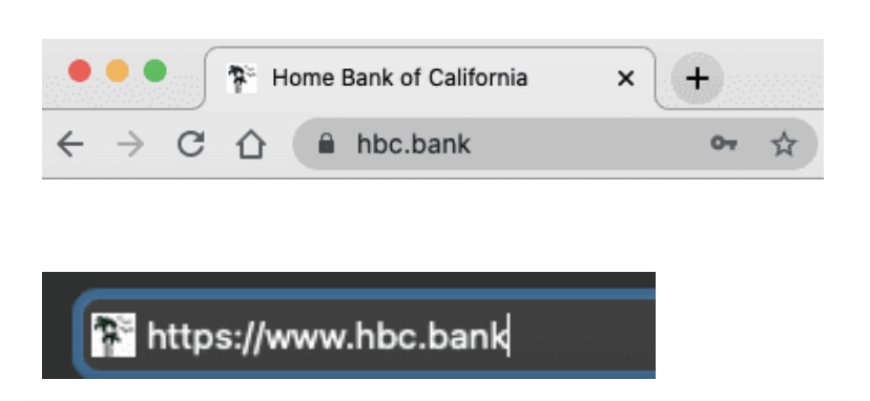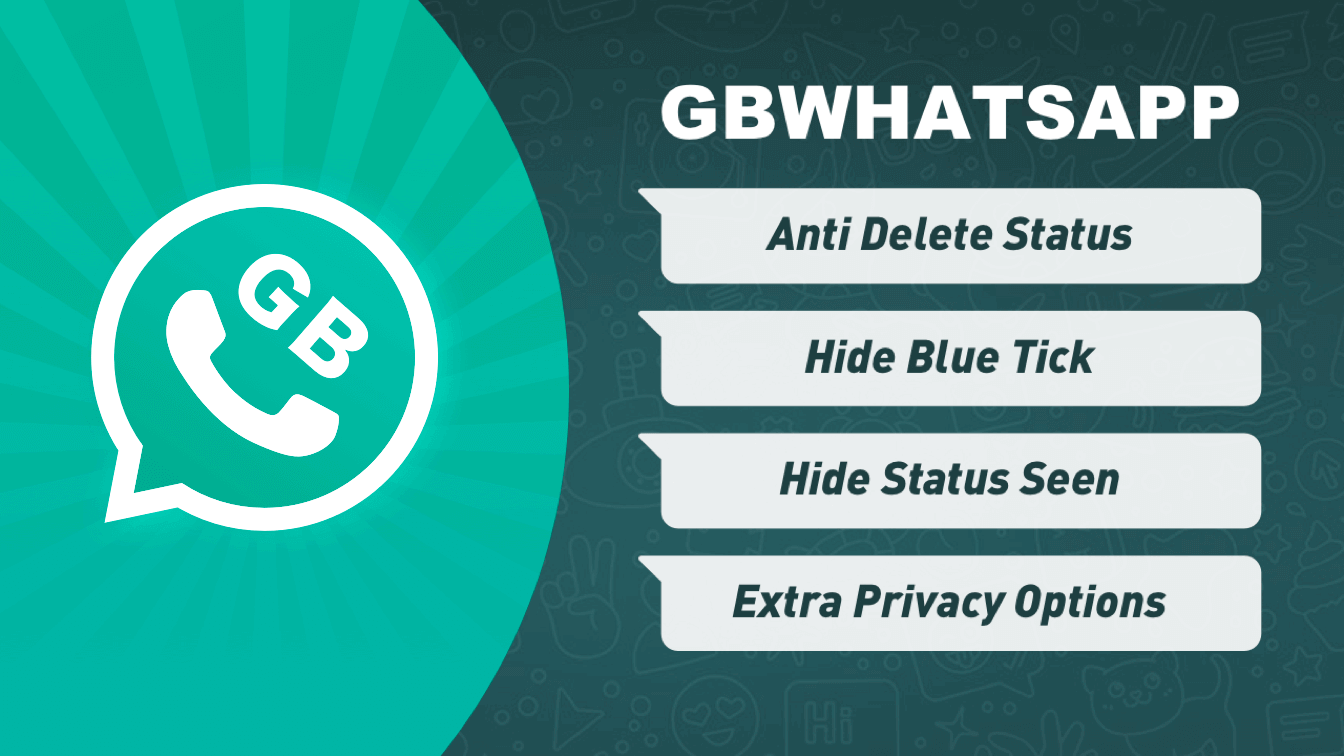11 Ways to Check if a Website is Legit or Trying to Scam You
One in ten of adults will fall victim to a scam or fraud every year.

One in ten of adults will fall victim to a scam or fraud every year. The types of online fraud continue to grow with the increase of internet sites and advances in technology. To protect yourself, here are some recommendations and resources that will help you identify whether a website is legit or trying to scam you.
1 | Carefully Look at the Address Bar and URL
Be sure that the site is secured by looking at the address bar (URL) to see if there is an “s” in the URL, which should look like this “https://” to start with or has a lock symbol in the address bar. This does not guarantee against a scam site, but it shows that the site owner is using secured encryption processes to transfer data and protect itself from hackers.

2 | Check the Contact Page
Review the options for contacting the company. If you don’t see multiple options (phone, email, live chat, or physical address) then proceed with caution.
3 | Review the Company’s Social Media Presence
Most legitimate companies have some social media presence and activity. If you see the social media icons on their website, see if they actually link to a social media channel, and review the company reviews and see if you can find real employees of the company on LinkedIn.
4 | Double Check the Domain Name
Scammers will tend to create “similar” domain names to trick the user into thinking they are on a legit site, like Yah00.com or Amaz0b.net, making subtle changes that you may not even notice. Always double check the address bar to see if you have been redirected to a website that is not legitimate.
5 | Look Up the Domain Age
It is easy to look up the age of a website domain. Verifying the age of a site helps provide you with confidence that it has been in business for an established amount of time. Scam and fake sites usually have a short lifespan as they are rooted out early and shut down by legitimate business site owners.
6 | Watch for Poor Grammar and Spelling
Legitimate company websites will take great care in having a professional looking site. An excess of spelling, punctuation, and grammar errors could mean the website went up quickly. Occasional typos on a website can happen, but excessive errors could mean you are not on a legitimate site.
7 | Verify the Website Privacy Policy
Data privacy laws and regulations require most websites to provide website visitors with policies and procedures on how their data is collected, used, protected, and stored. Most sites provide a web page or link to a document providing detailed information. Look for this information and read it carefully before providing any information or making any online purchases.
8 | Run a Virus Scan
An occasional ad or pop-up can occur on some websites, but excessive ad content that interferes with your review of the site or pushes you to click on links to be redirected to other websites could indicate a scam or unsecured site.
There are several free resources to scan for viruses, phishing, malware, and known scam sites
9 | Validate the Site with Google Safe Browser Transparency Report
The Google Safe Browsing Transparency Report allows you to paste a URL into a field, and it gives you a report on whether you can trust that website.
10 | Walk Away If It’s Too Good to be True
Though it is a common practice for some retailers to provide large price discounts on items to move inventory or promote a new product or service, if you find a site that offers an unbelievable deal, then think twice before continuing. If it’s too good to be true, then it probably isn’t legit.
11 | Do Your Research
A simple online search for the company’s reviews will tell you a lot about the business. See how recent the reviews are and if you see proactive responses from the company (where available.)
What's Your Reaction?



























































































